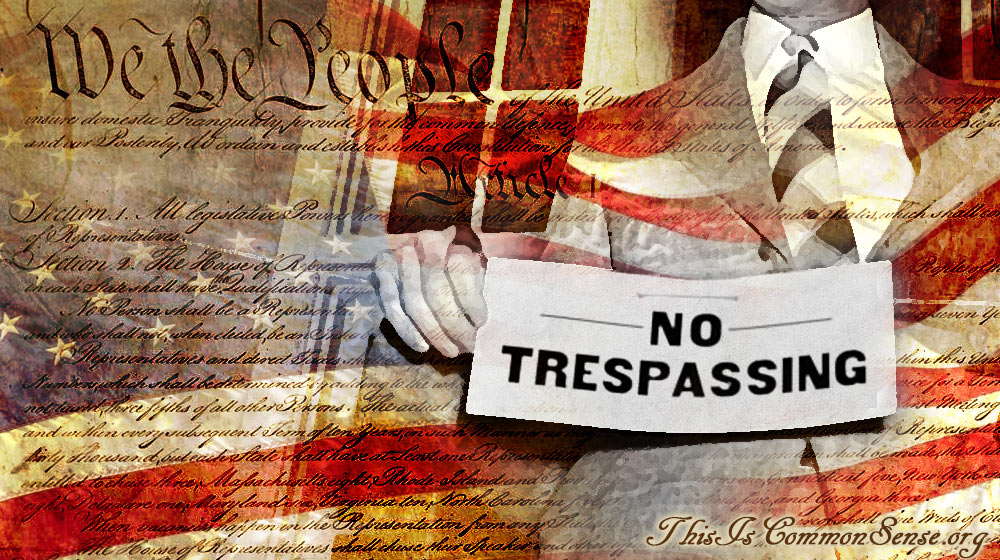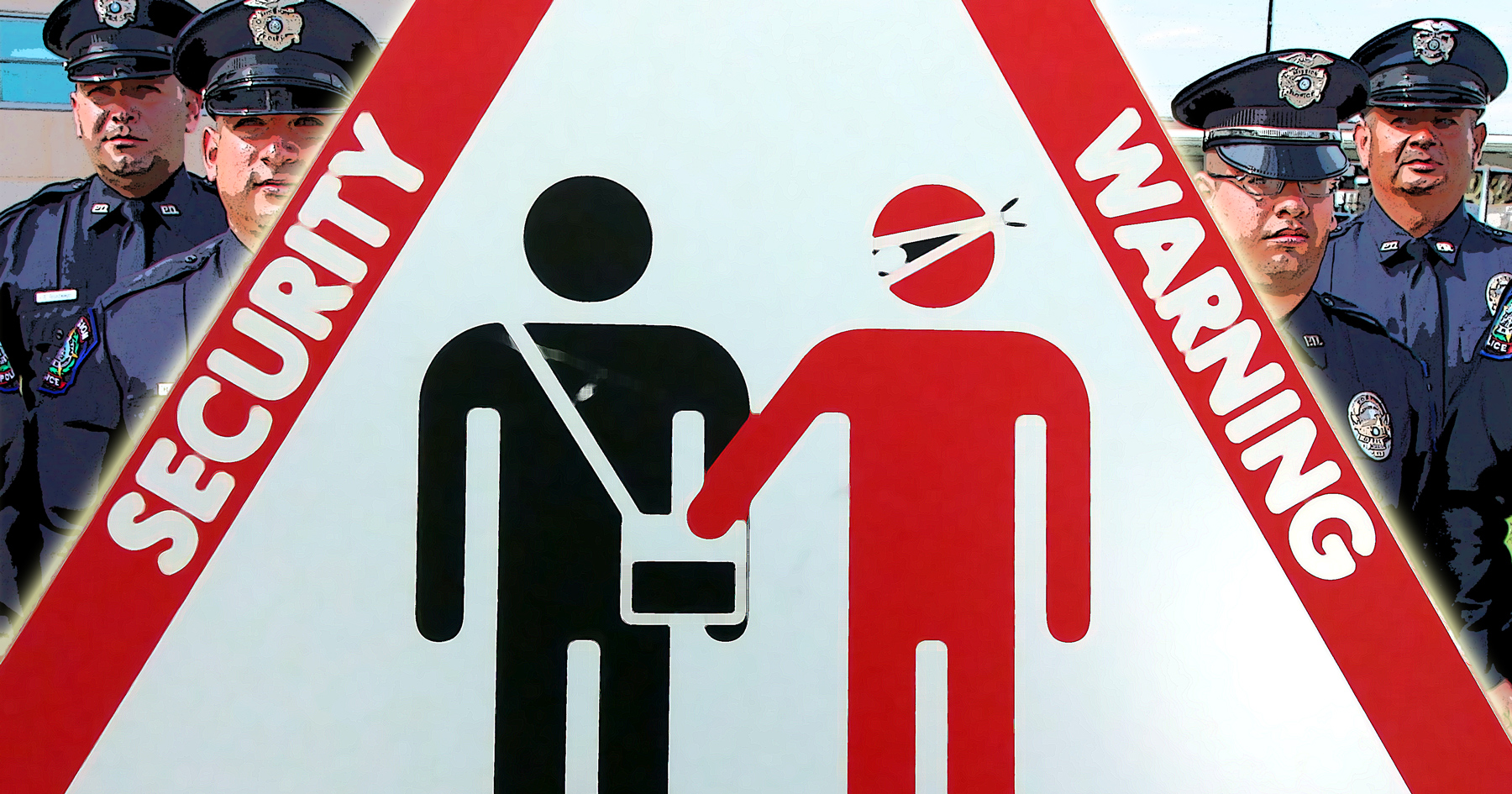In late June, the Supreme Court declined to end an unlawful CDC-enacted national moratorium on evictions.
Things have apparently changed. The court just ruled — in a 6 – 3 decision — that the “balance of equities” has tilted in favor of qualified deference to property rights and letting landlords try to financially survive.
Now it will be easier, or possible, for many beleaguered property owners to maintain properties — on which they depend for their livelihoods and tenants depend for things like heat as well as their residencies.
The three dissenters on the high court say that the “balance of equities” still tilts the other way, in favor of violating the property rights of landlords to help tenants unable or unwilling to pay the rent.
The court’s decision does not mention property rights. It does cite a 1972 precedent that cites other precedents “[requiring] Congress to enact exceedingly clear language if it wishes to significantly alter the balance between federal and state power and the power of the Government over private property.”
Of course, the U.S. Constitution gives Congress no authority to violate individual rights at will — even if it uses exceedingly clear language to do so. The Constitution does not say it’s OK to violate the Constitution.
What now?
Many landlords are still subject to state or municipal restrictions on evictions that this decision does not overturn. But the ruling may help them press for relief.
And we must hope that the U.S. Congress doesn’t get around to intelligibly re-revoking the rights of property owners.
This is Common Sense. I’m Paul Jacob.
—
See all recent commentary
(simplified and organized)







